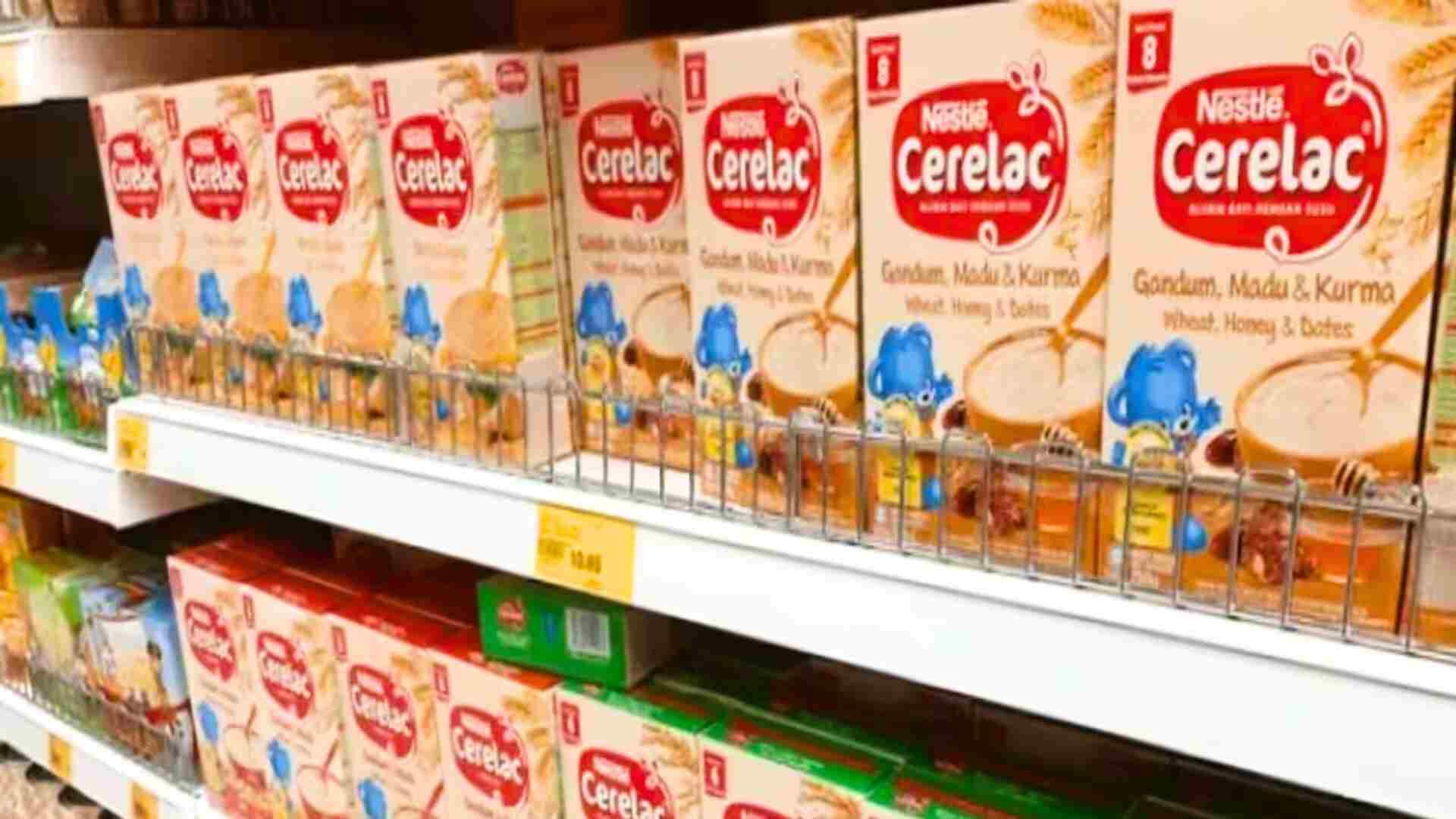
The central government has acknowledged the accusations against Nestle, a multinational food company, regarding the addition of sugar to infant food products in India. Public Eye, a Swiss investigative organization, conducted an inquiry revealing that Nestle’s baby food product Cerelac contains an average of nearly 3 grams of sugar per serving in India, despite strict guidelines from the World Health Organization (WHO) banning added sugars in baby food products. According to government sources cited by ANI, the Food Safety and Standards Authority of India (FSSAI) is examining the report, which will be presented before the scientific panel.
In response to queries from ANI, Nestle stated, “We believe in the nutritional quality of our products for early childhood and prioritize using high-quality ingredients. Over the past 5 years, Nestle India has reduced added sugars by up to 30%, depending on the variant, in our infant cereals portfolio (milk cereal based complementary food). We regularly review our portfolio and continue to innovate and reformulate our products to further reduce the level of added sugars without compromising on quality, safety and taste.”
However, the report suggests that Nestle has violated WHO guidelines against adding honey or sugar in baby food products not only in India but also in many Asian, African, and Latin American countries.
The report reveals that out of the 15 Indian Cerelac products tested, laboratory analyses showed that each serving of cereal contained more than 2.7 gm of added sugar. While Nestle’s labeling highlights the nutrients, added sugar is not as transparently displayed.
Furthermore, the investigation finds that Nestle was not adhering to WHO guidelines in poor countries but seemed to favor higher-income countries. “Cerelac wheat-based cereals for six-month-old babies sold by Nestle in Germany and the United Kingdom have no added sugar, while the same product contains over 5 gm per serving in Ethiopia and 6 gm in Thailand,” the study noted.
A recent WHO study revealed that over 11 per cent of Indians are diabetic, and 35.5 per cent suffer from hypertension. The study warns that obesity has reached “epidemic proportions” in low- and middle-income countries and is accelerating the rise of cardiovascular disease, cancer, and diabetes.
The investigation examined 115 Nestle products across markets in Asia, Africa, and Latin America, revealing that 108 of them contained added sugar.